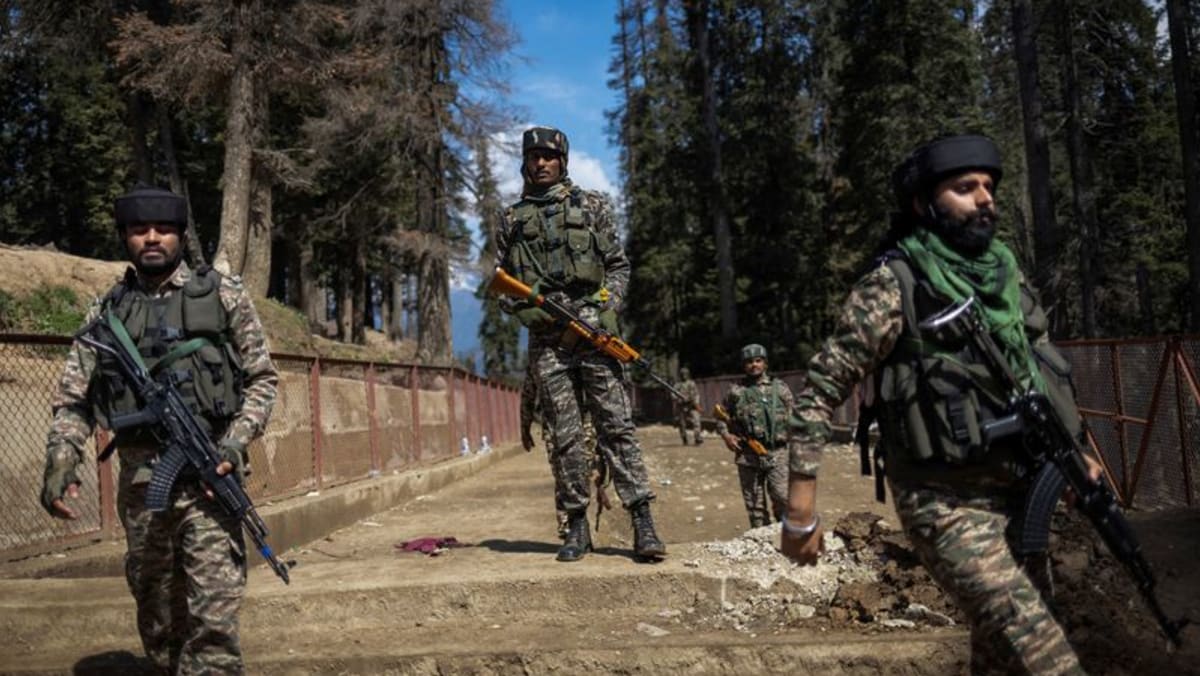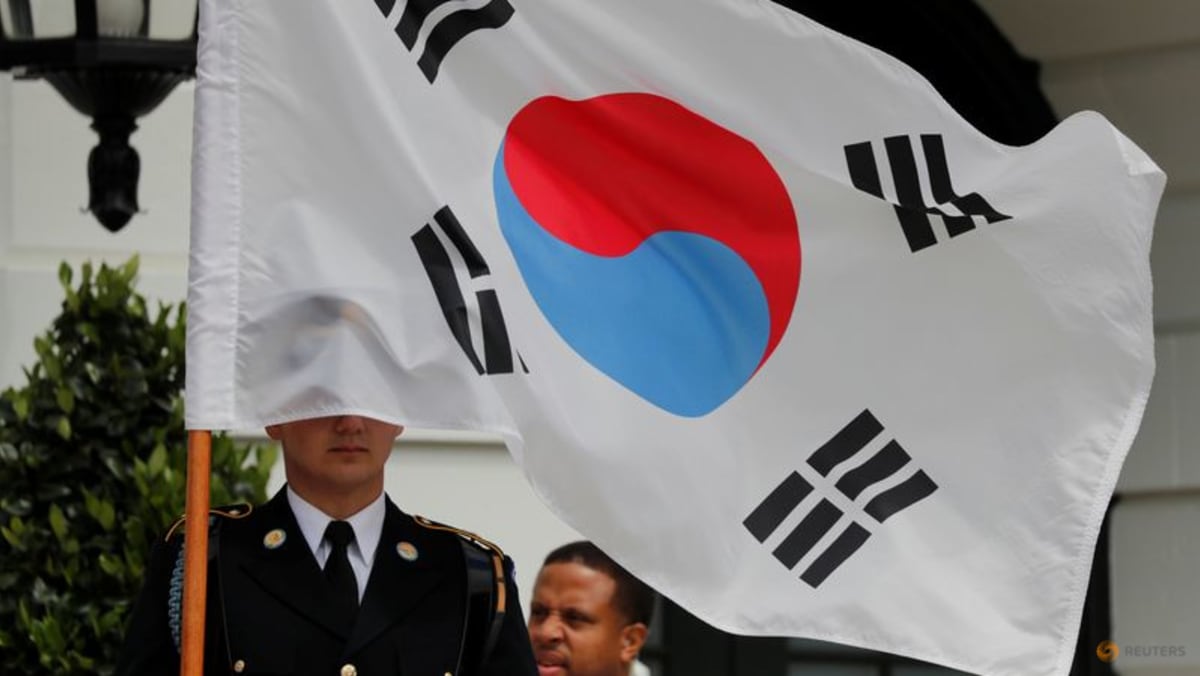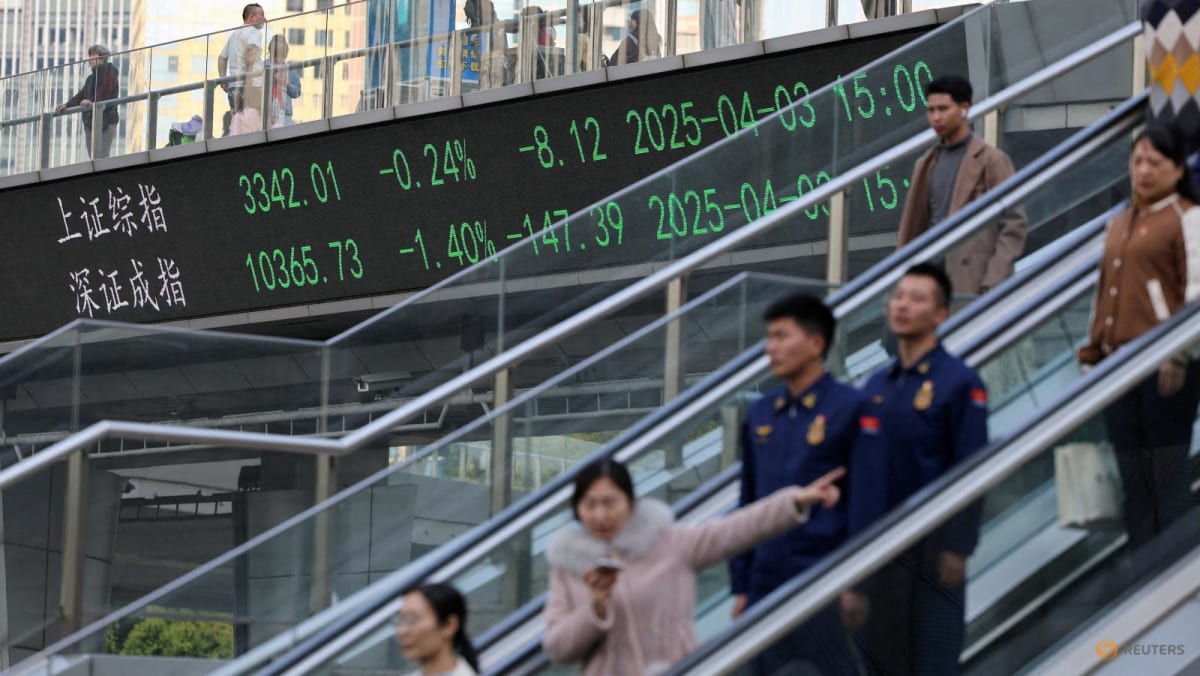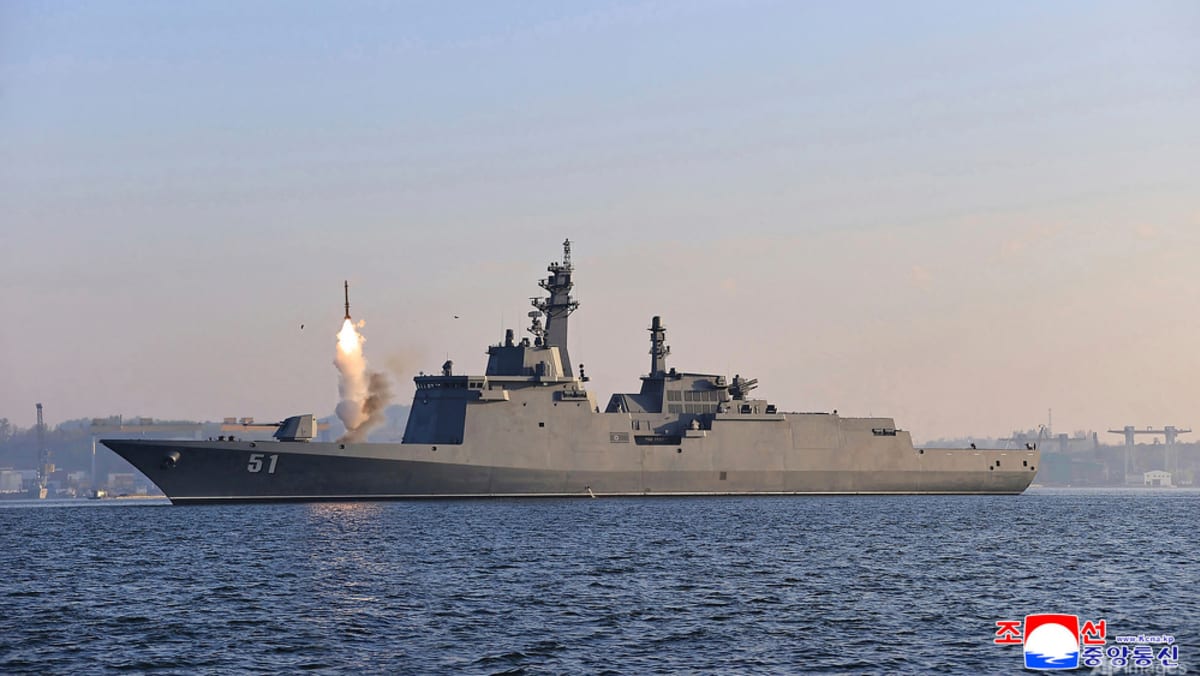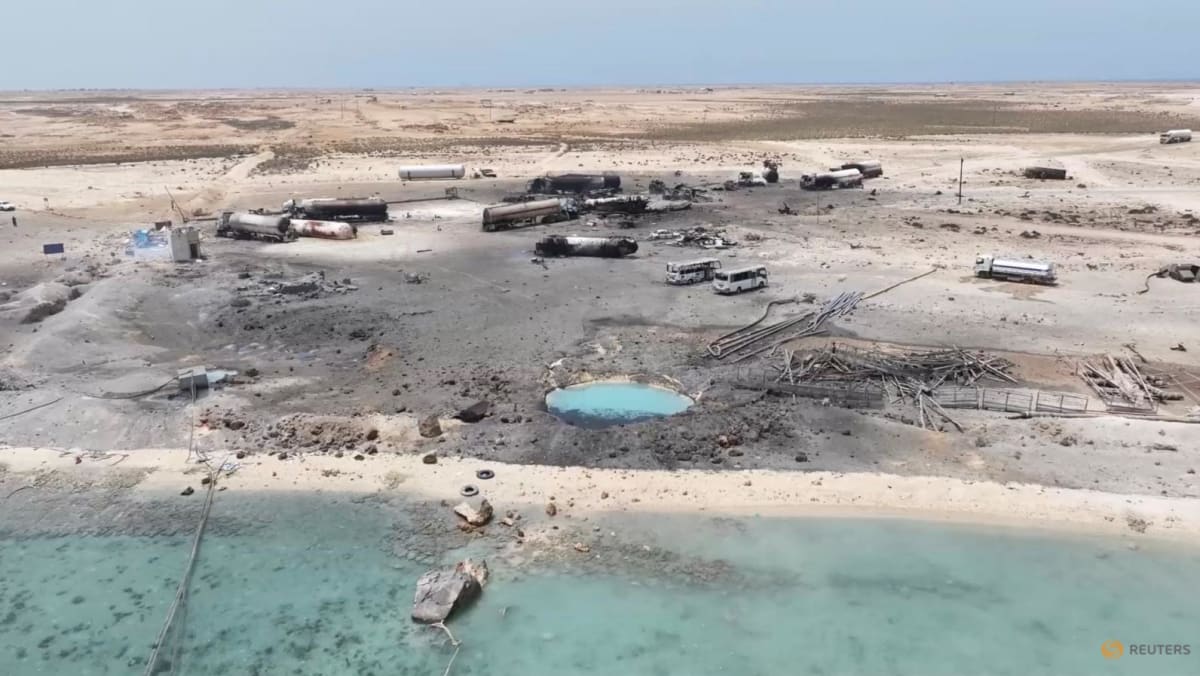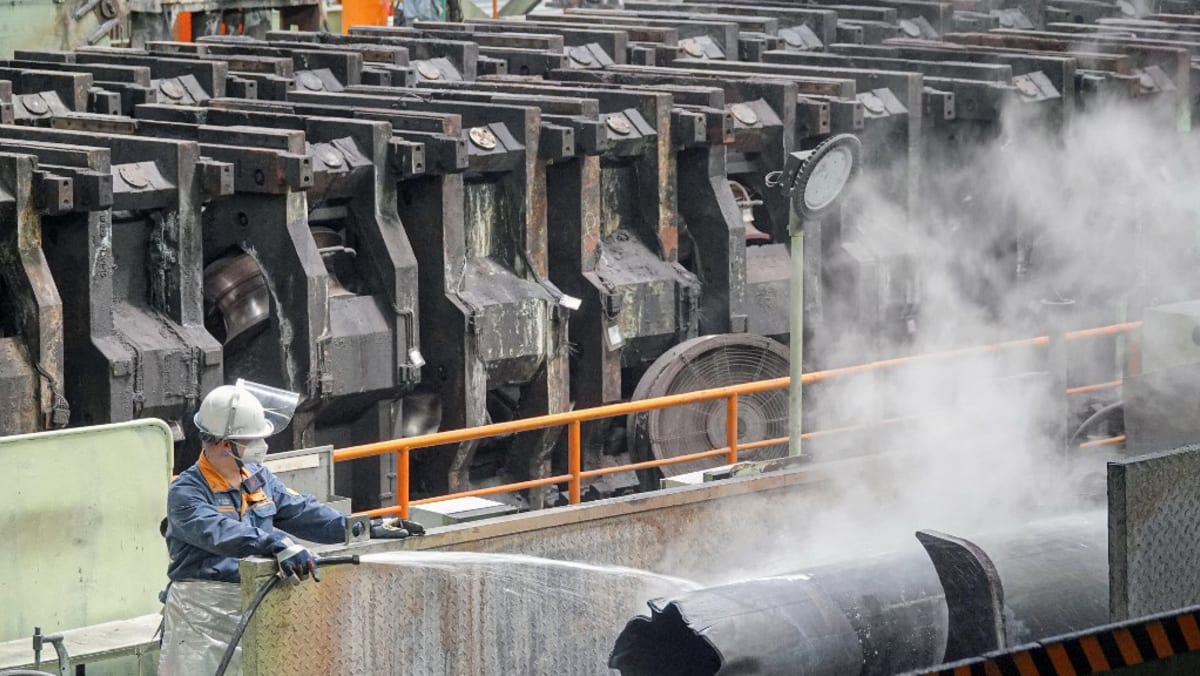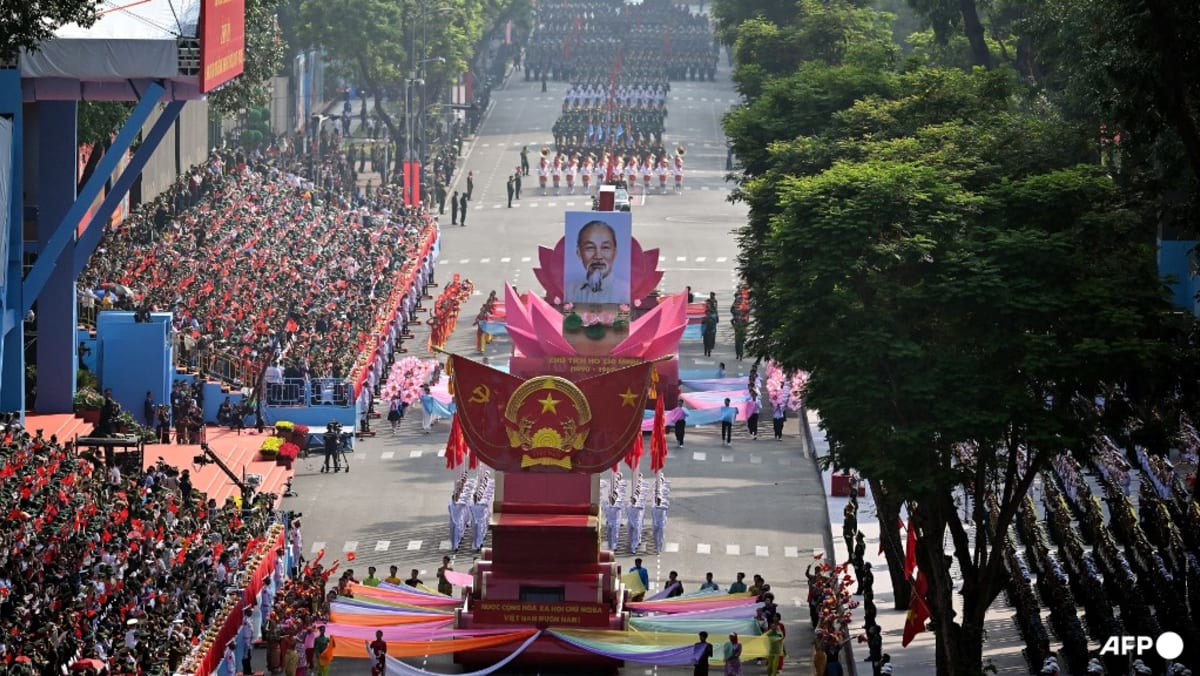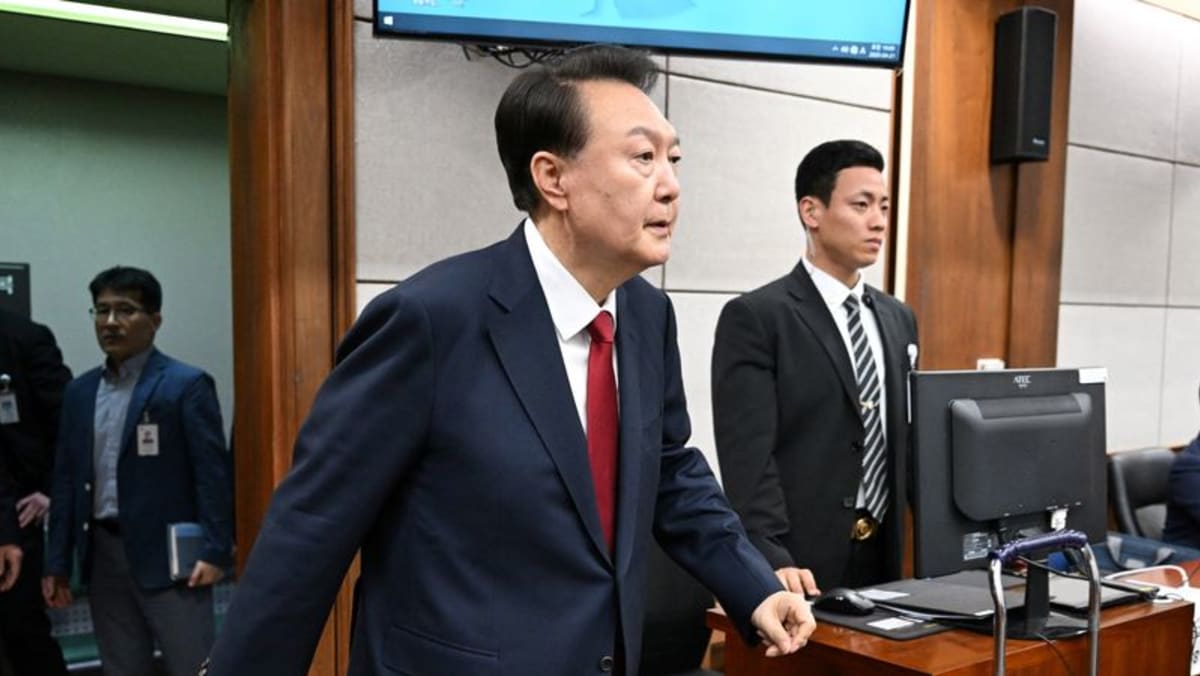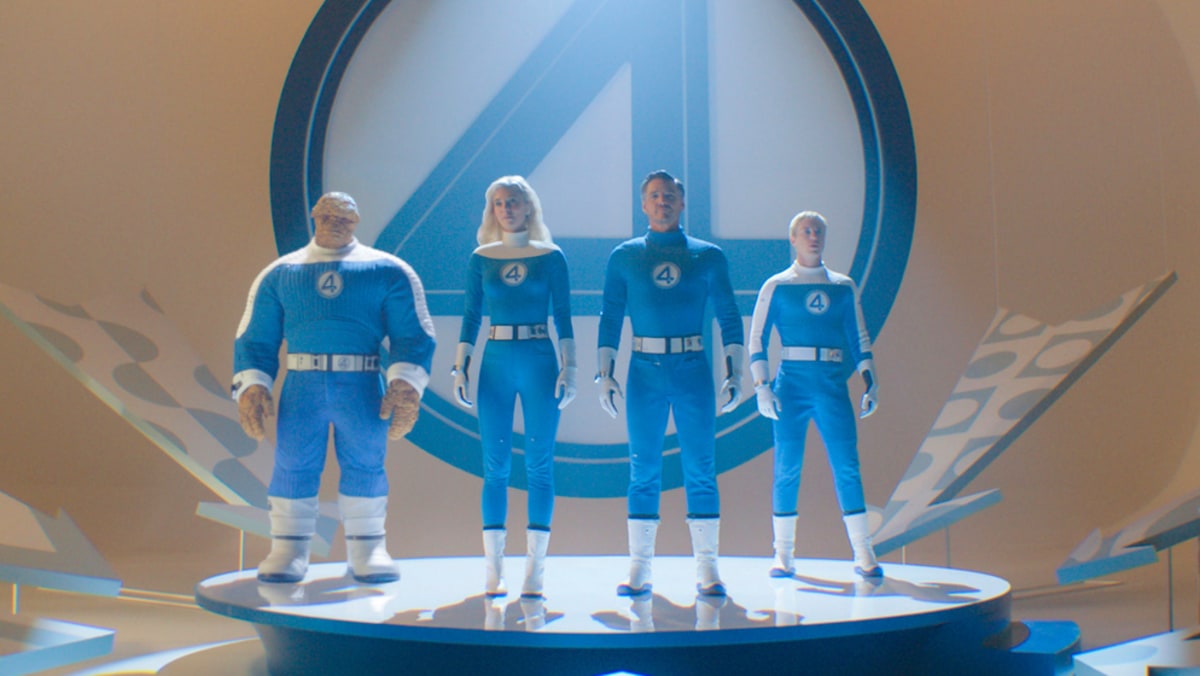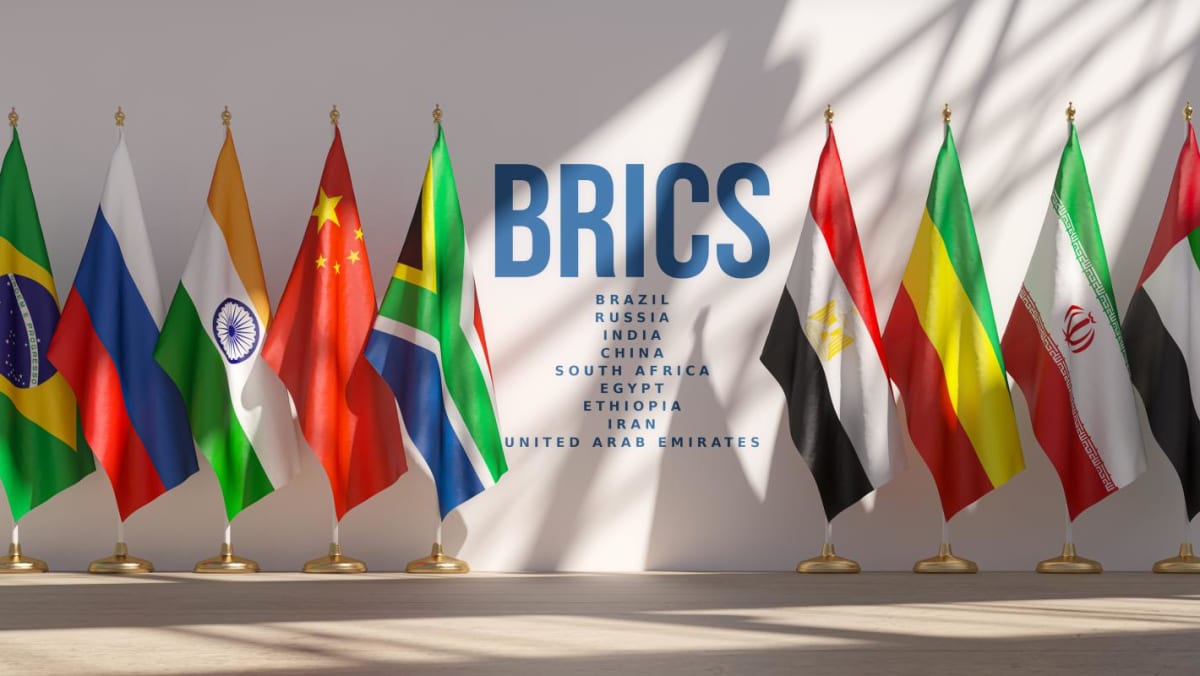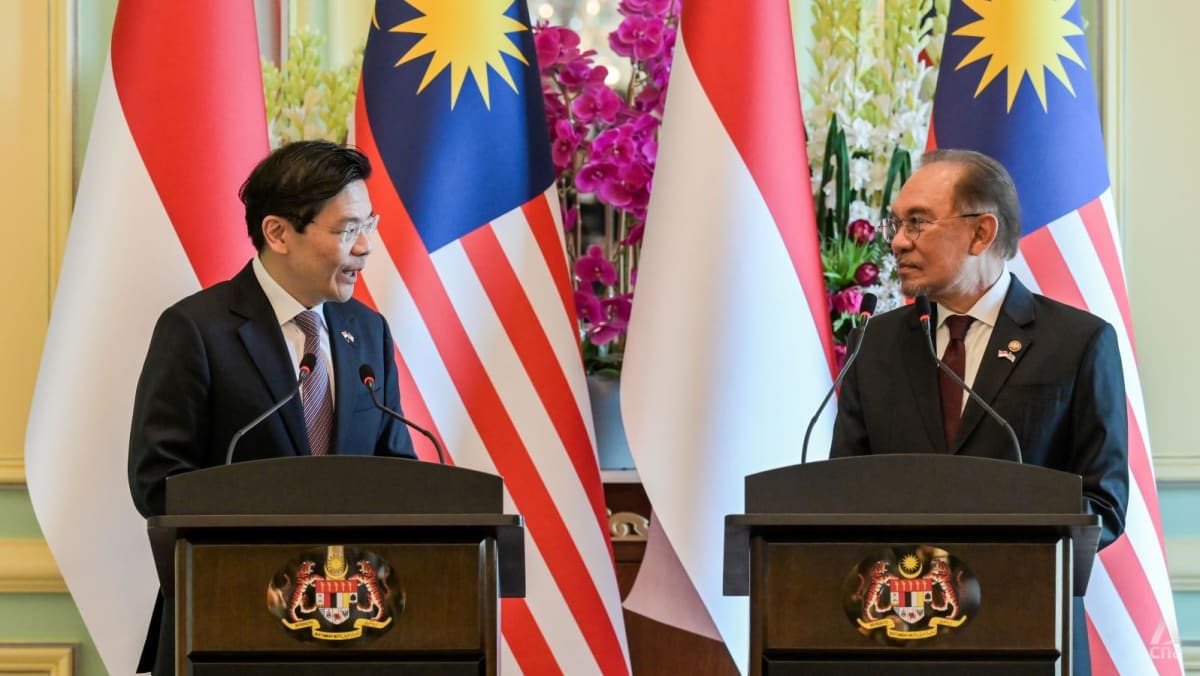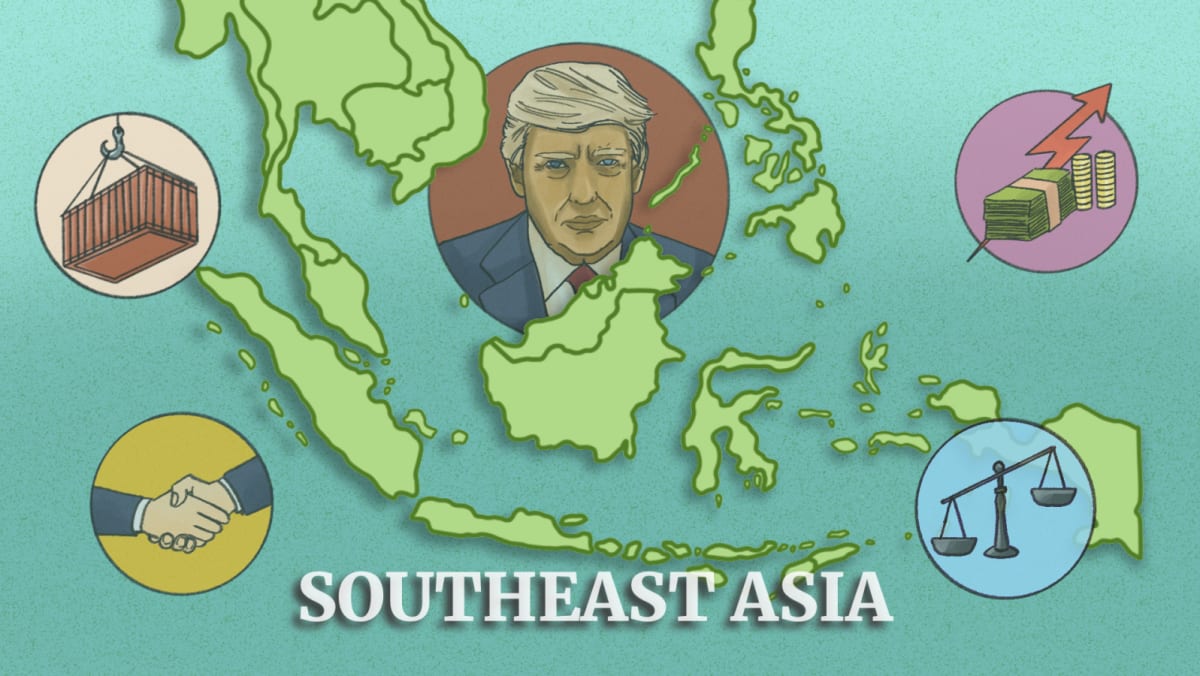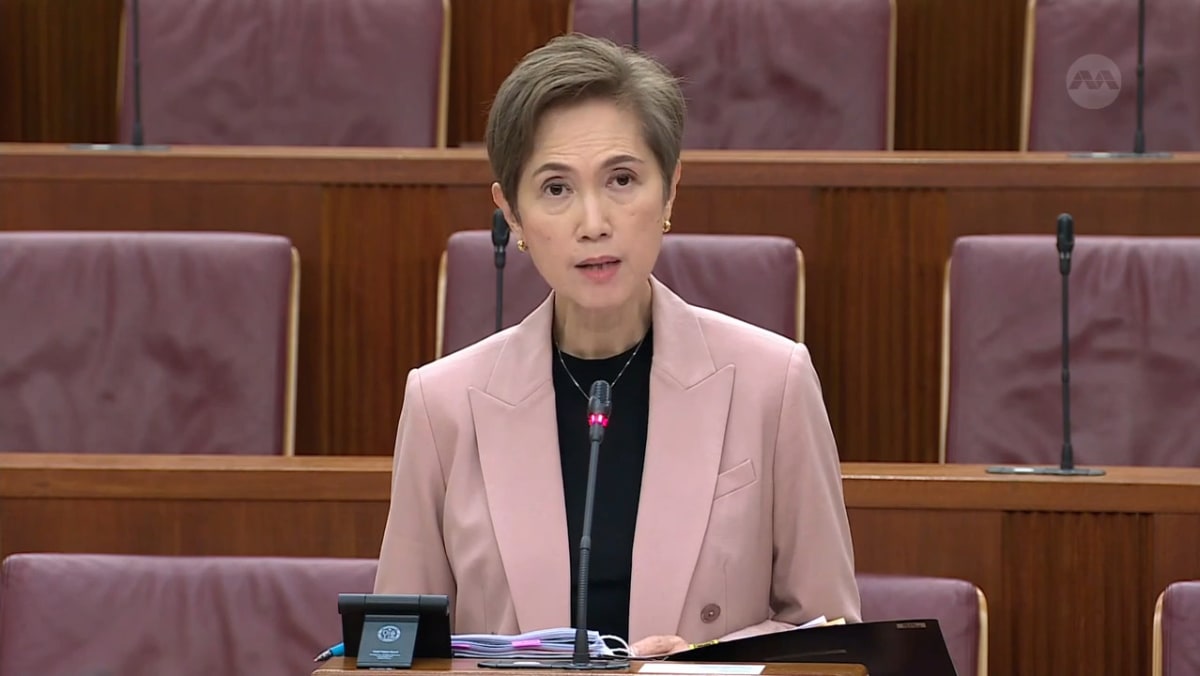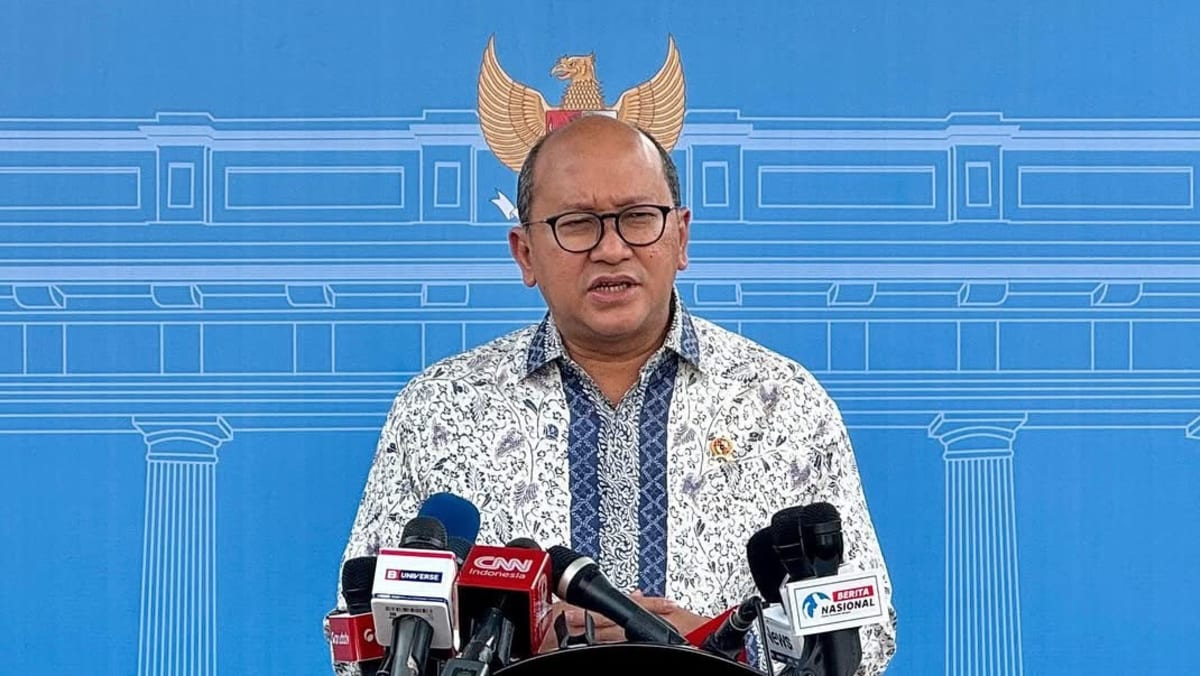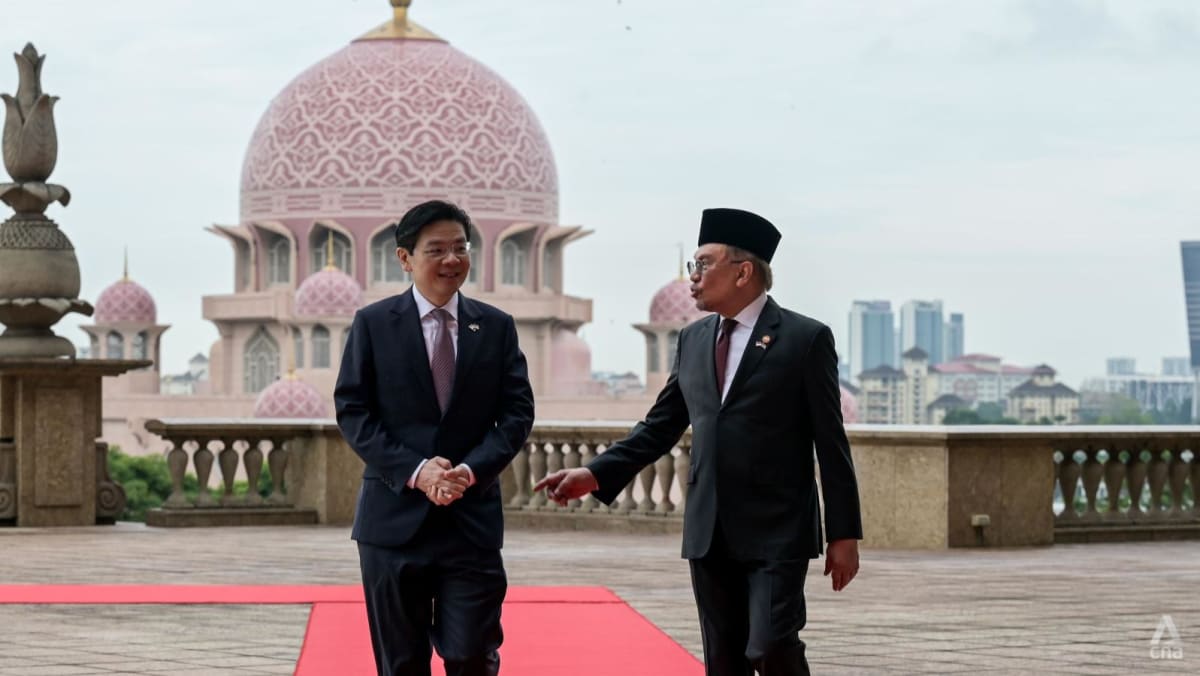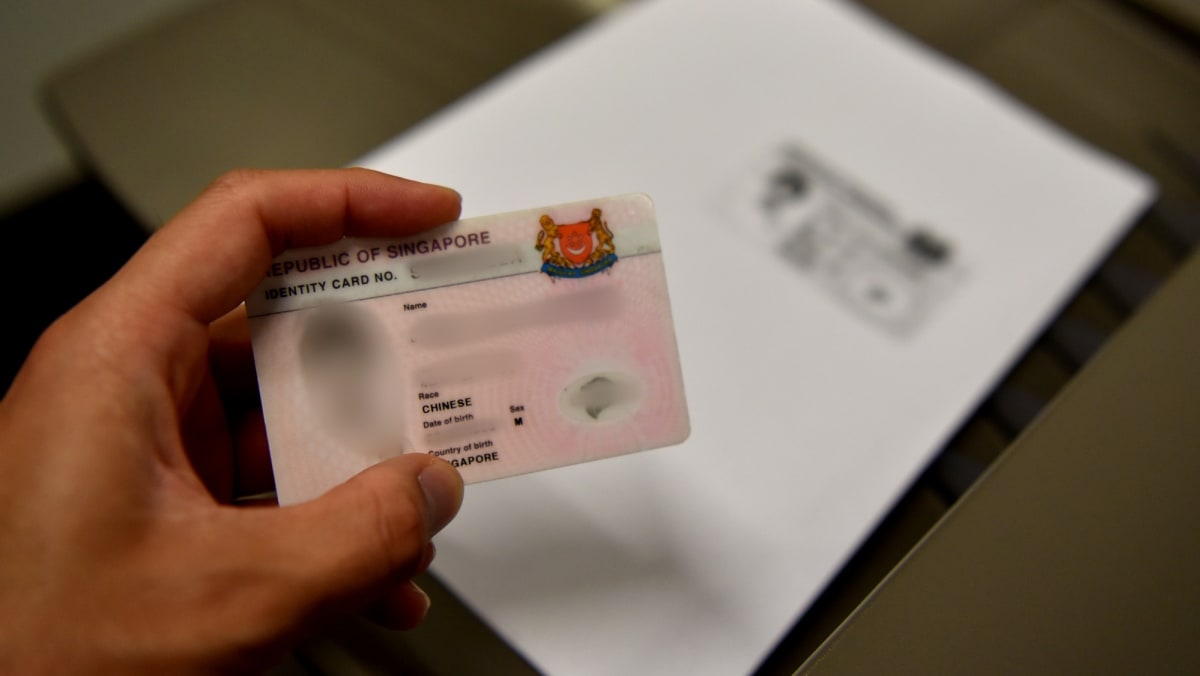An elusive truce has arrived in Gaza, but there will always be ammunition to start another war unless more is done, says NUS Middle East Institute’s Carl Skadian.

Palestinians celebrate the announcement of a ceasefire deal between Hamas and Israel in Deir al-Balah, central Gaza Strip, Wednesday, Jan. 15, 2025. (AP Photo/Abdel Kareem Hana)
New: You can now listen to articles.

This audio is generated by an AI tool.
SINGAPORE: After 467 days of war in Gaza, a moment that seemed elusive for much of that period has finally arrived: The announcement of a ceasefire between Israel and Hamas that is slated to take effect on Sunday (Jan 19).
As of this writing, the Israeli Cabinet has yet to ratify the agreement. Assuming it does, the question on everyone’s mind is whether the truce will hold. To divine the answer, another question must be asked: Do both sides have enough skin in the game to want it to?
HAMAS CAN CLAIM A VICTORY OF SORTS
Unfortunately, the response to this is murky, though less so on the Hamas side of the equation. Decimated after a battering from the Israel military, Hamas can plausibly claim a victory of sorts: It remains in power, despite Israel’s stated war aim of eliminating the terrorist group.
Ceasefire terms also call for Israel to release an unannounced number of prisoners - many of whom were jailed for acts of violence, and have no doubt hardened their positions during incarceration.
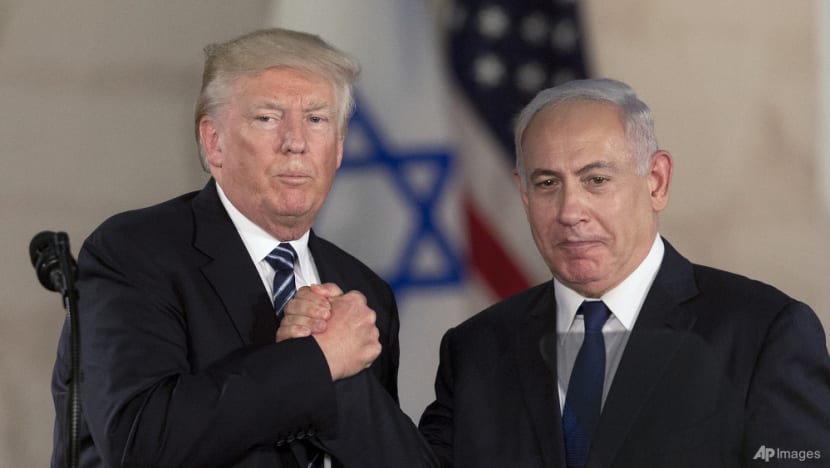 File photo. Donald Trump and Israeli Prime Minister Benjamin Netanyahu shake hands at the Israel museum in Jerusalem, on May 23, 2017. (AP Photo/Sebastian Scheiner)
File photo. Donald Trump and Israeli Prime Minister Benjamin Netanyahu shake hands at the Israel museum in Jerusalem, on May 23, 2017. (AP Photo/Sebastian Scheiner)
Is there a future Yahya Sinwar (the assassinated former Hamas leader famously used his years in Israeli prisons as an “academy” to study the enemy) among them?
Not that Hamas will be short of new recruits: The apocalyptic landscape in Gaza will be an effective recruitment poster.
IS BENJAMIN NETANYAHU POLITICALLY SECURE ENOUGH?
The Israeli side of the equation appears less clear. The end to the trauma of the hostages, their families and Israelis at large appears to be at hand. Closure, or rehabilitation, will follow.
However important that is, it remains that an enemy which sparked an entire nation’s agony and distress is still just over the border.
Politically, there are even more questions. Is Prime Minister Benjamin Netanyahu secure enough to follow through?
Already, some far-right members of his government have opposed the deal and threatened to leave the ruling coalition. Foreign Minister Gideon Saar believes a majority of the Cabinet will go along, but he pointedly framed Israel’s choice as one “between a bad decision and a very bad decision”.
Peace will also bring a reckoning: What were the failures, military and political, that allowed the worst attack on the country to occur on Netanyahu’s watch?
Remember that these questions only relate to the first phase of the deal. Negotiations over the arguably more prickly second and third phases, which include further exchanges of hostages and prisoners, as well as a permanent end to fighting, are scheduled to start 16 days after the first stage goes into effect.
JOE BIDEN AND DONALD TRUMP BOTH CLAIM CREDIT
That said, an optimist ought to turn his attention to the 800-pound gorilla in the room: The United States. Predictably, both outgoing President Joe Biden and president-elect Donald Trump have claimed credit for the deal. Both have political reasons for doing so.
It allows Mr Biden to leave office on a high note. For Mr Trump, it is vindication of his strongman rhetoric - his threat that “all hell would break out” worked. More practically, it removes a major distraction as he takes office.
An indication of which factor held bigger sway is that, by all accounts, the current agreement is almost identical to the one Mr Biden proposed in May 2024. Nothing came of that.
Whether it was his limited sway or willingness, Mr Biden did little to strong-arm Israel into halting its destructive and divisive campaign, apart from some polite noises about withholding arms, and some creative name-calling behind the scenes.
Within months of Mr Trump’s election victory, however, we have arrived at this moment.
THE INDISPENSABLE POWER IN MIDDLE EAST
It is true that both presidents had to overcome an innate and deep animosity to the other to bring a deal to fruition, but their efforts lay bare the fact that the United States remains the indispensable power in the region.
A president able, and, more importantly, willing, to exert this leverage - however crudely, though it can be argued that such language is the only one the combatants understand - to end the conflict is clearly a plus factor.
Predicting whether the ceasefire holds is a complex endeavour. Or a fool’s errand. There is one thing we can be sure of, however: Unless steps are taken to address the root causes of the issue, there will always be enough ammunition to start another war.
Carl Skadian, a former journalist and editor for 30 years, is Deputy Director at the Middle East Institute, NUS.




